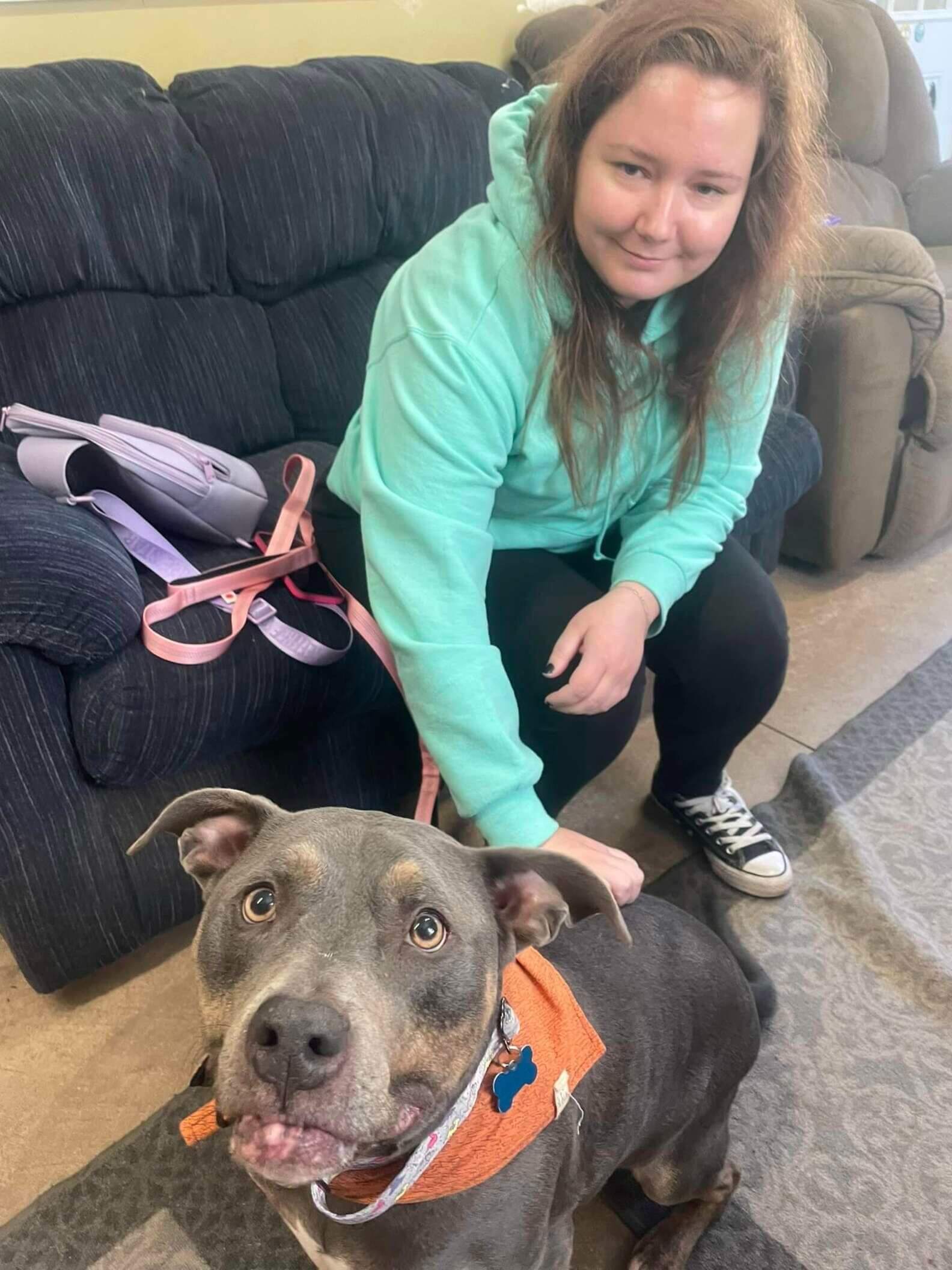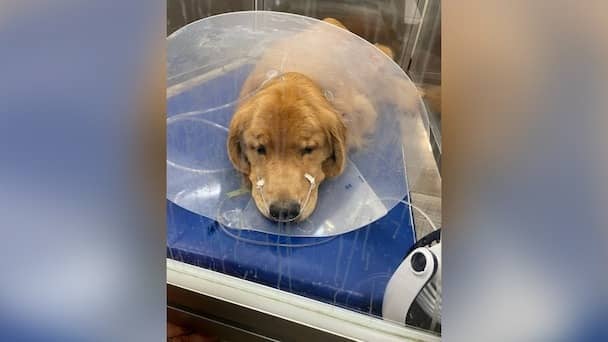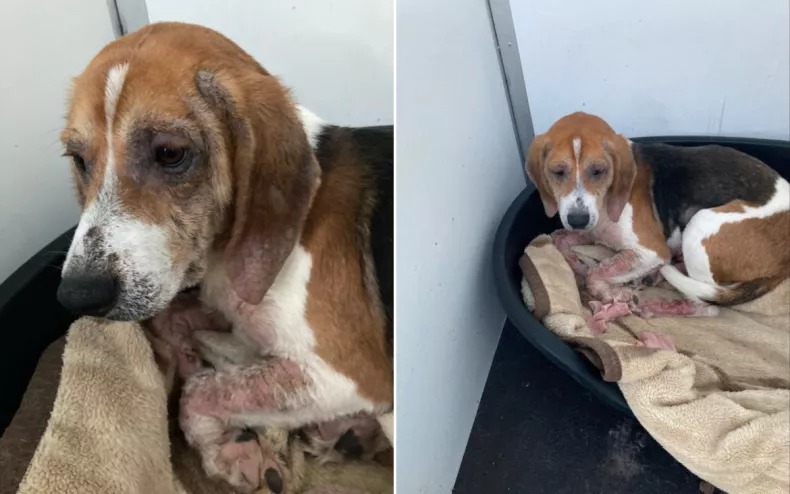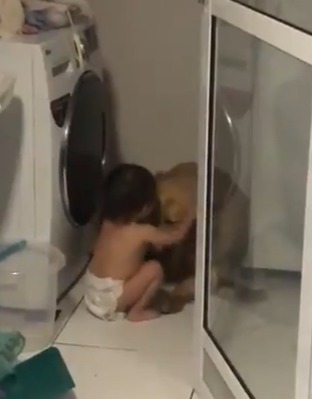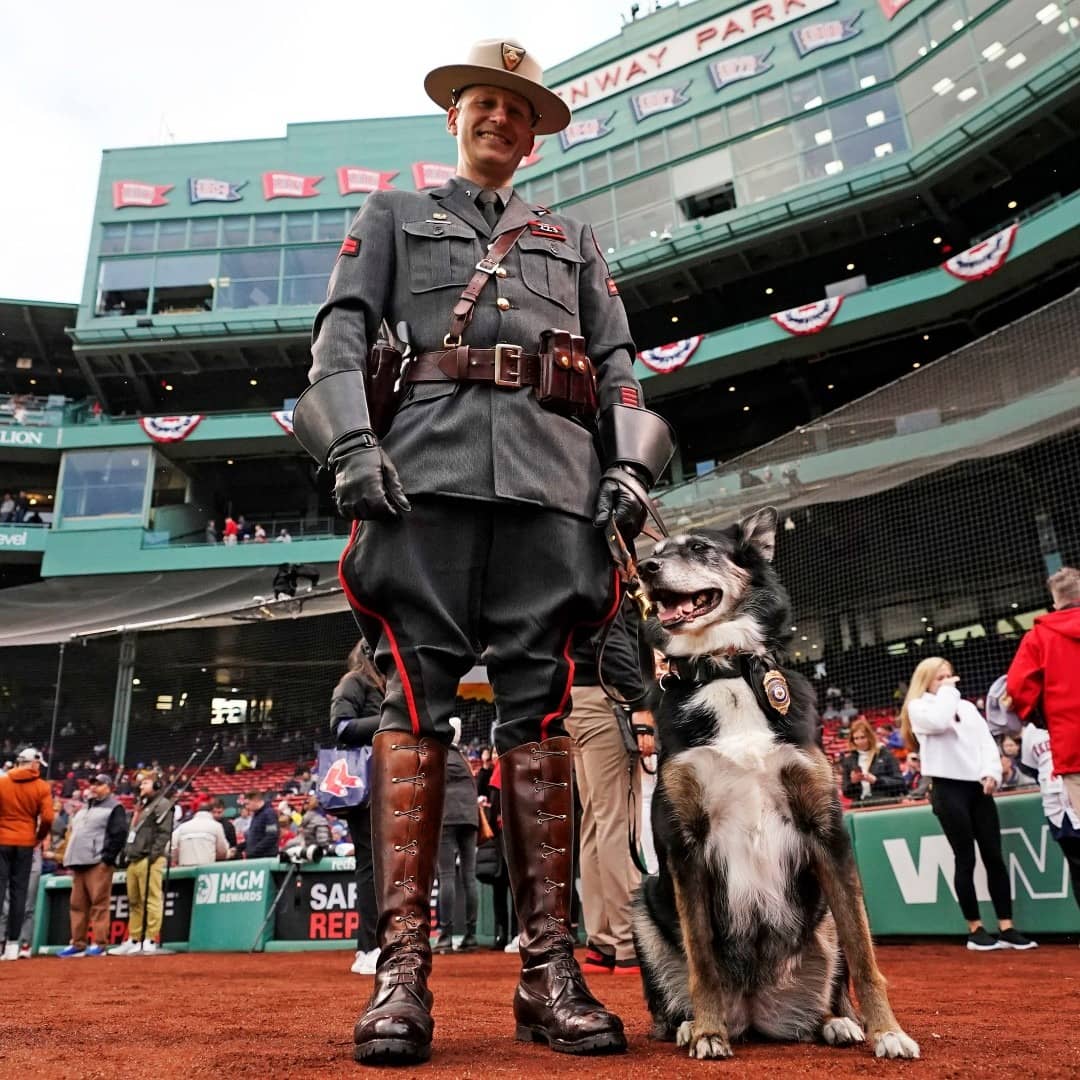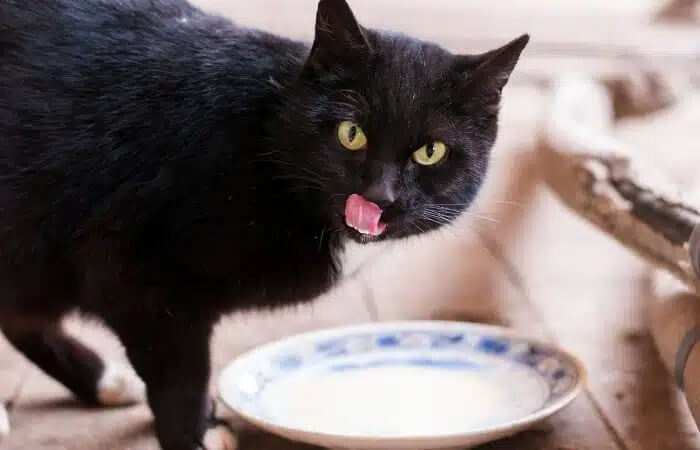Title: 8 Common Mistakes in Pet Care Many People Make
According to statistics, a whopping 57% of households worldwide own a pet, with most desiring the best care for their furry friends. However, not everyone is doing it right. Brightside has highlighted common mistakes in pet care that many people fall victim to.
- Relying on Nose Temperature for Health Checks: Contrary to popular belief, there’s no scientific evidence supporting the value of a pet’s nose temperature in diagnosis. Environmental conditions and genetics can affect it. Instead, experts recommend paying attention to behaviors like eating, drinking, urinating, and defecating, along with using a thermometer for a more accurate assessment.
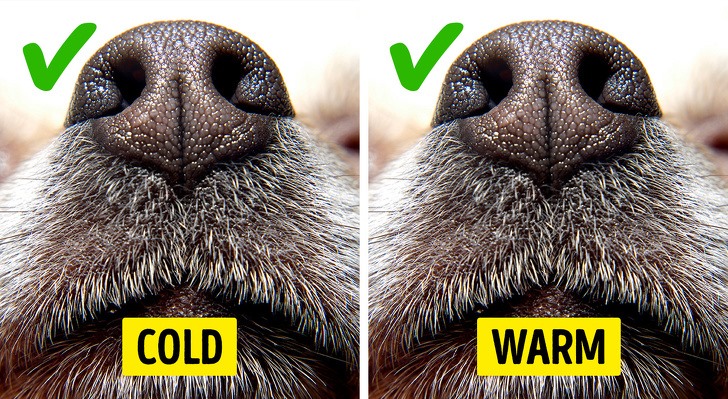
Mistake 1: A warm nose means the dog or cat is sick
- Thinking You Can’t Train an Older Dog: Training a dog is possible at any age with patience and proper techniques. Famous cases, like Chaser, the world’s smartest dog, prove that dogs can continue learning tricks even in their later years.
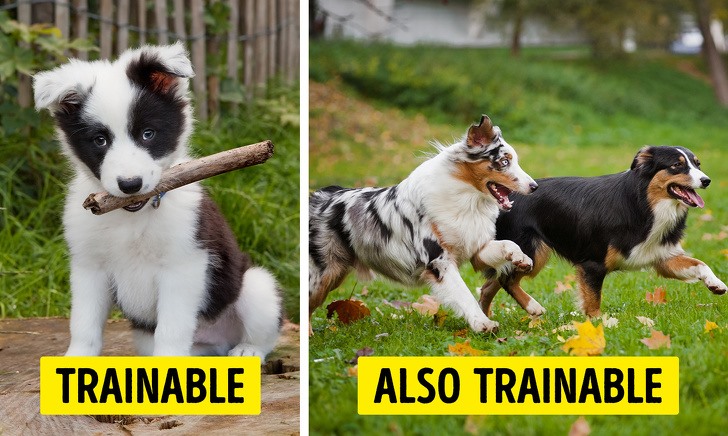
Thinking You Can’t Train an Older Dog:
- Feeding Human Food Without Caution: While some human foods like lean meat, finely chopped vegetables, and fruits can be good for pets, others can cause severe gastrointestinal issues. Grapes, avocados, onions, and garlic are examples of foods that can harm pets.
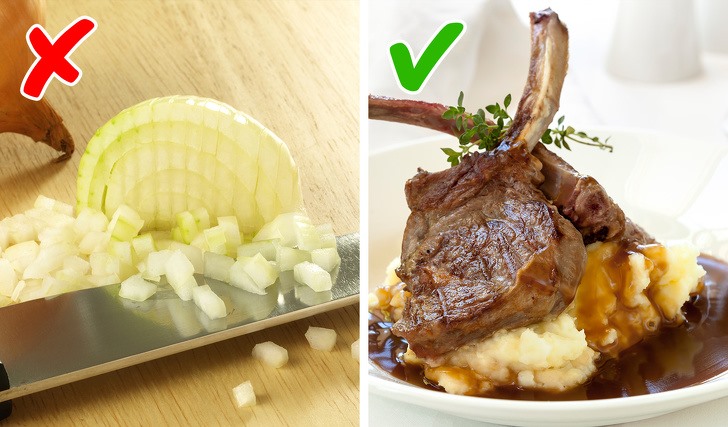
Feeding Human Food Without Caution:
- Overlooking Long-Term Vaccination Protection: Vaccinations are crucial for pet health, but research shows that some vaccines offer long-term protection, lasting up to 7 years or even a lifetime. Blood tests can determine if a pet has sufficient antibodies, making unnecessary booster shots avoidable.
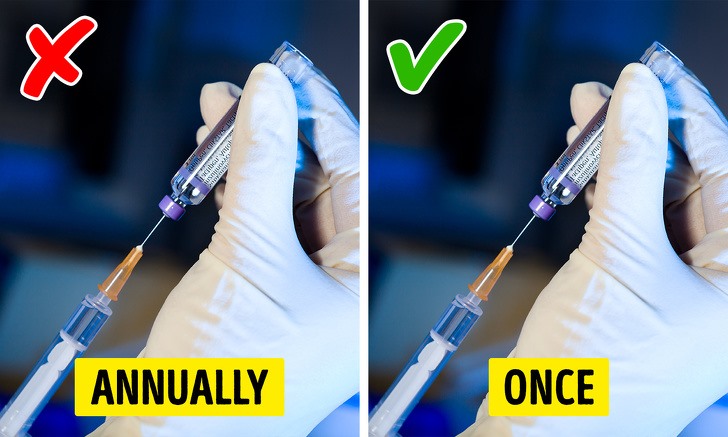
Overlooking Long-Term Vaccination Protection:
- Letting Pets Lick Wounds Excessively: Excessive licking of wounds can lead to infections. Veterinarians advise using antiseptic sprays or disinfectant washes for minor wounds. For deeper wounds, seeking professional veterinary care is essential.
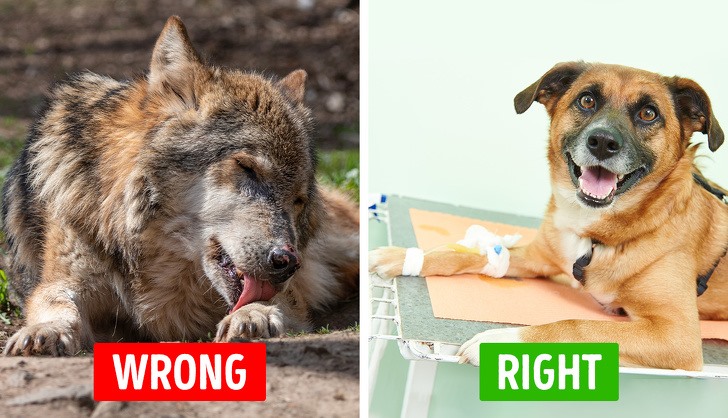
Letting Pets Lick Wounds Excessively:
- Sticking to One Monotonous Diet: Feeding pets the same food repeatedly can lead to boredom. Regularly changing their diet with healthy alternatives ensures proper nutrition and prevents sensitivity to other foods.
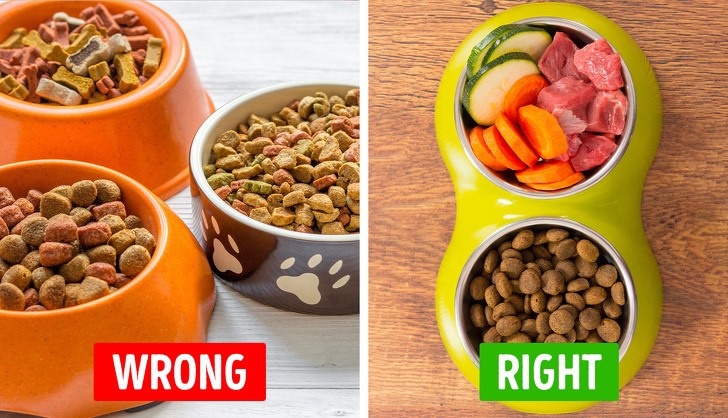
Sticking to One Monotonous Diet:
- Assuming Cats Can Digest Milk: Contrary to common belief, cats cannot digest milk properly. Consuming it can result in vomiting, diarrhea, and other gastrointestinal issues. Additionally, milk has more calories than a kitten needs.
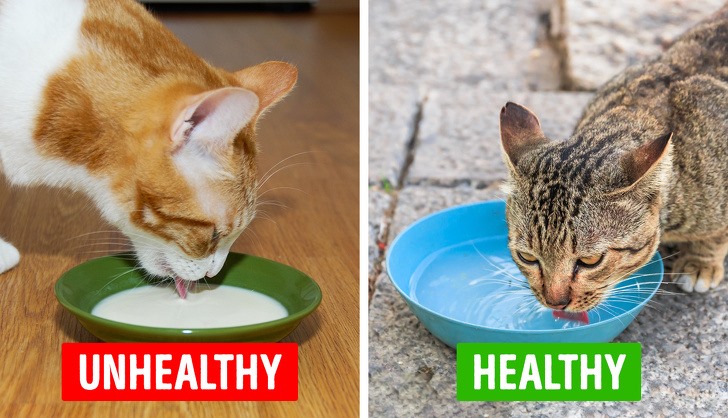
Assuming Cats Can Digest Milk:
- Believing Co-Sleeping is Always Safe: While sharing a bed with a healthy pet can be safe, research indicates that it also promotes relaxation and comfort for both owners and pets. However, individual health considerations should always be taken into account.
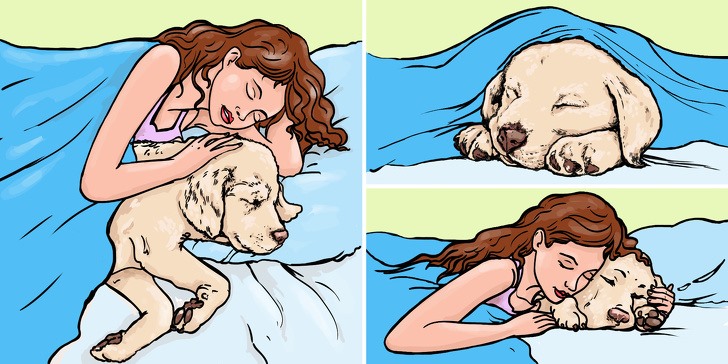
Believing Co-Sleeping is Always Safe:
In conclusion, being aware of these common mistakes can significantly contribute to providing better care for our beloved pets.

